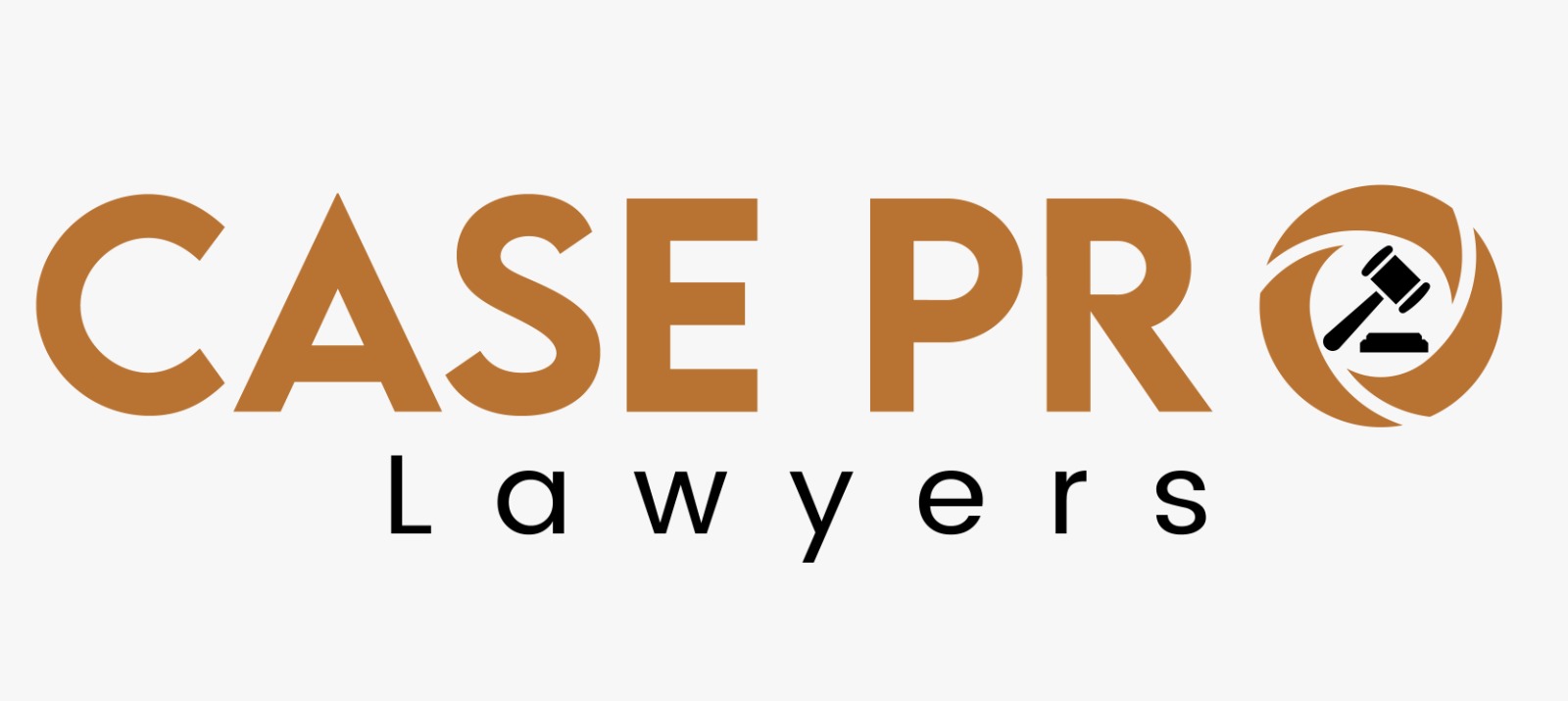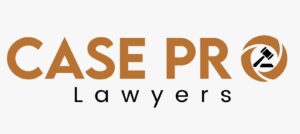Case Pro Practice Areas
Case Pro Practice Areas
Law Firm with relevant Case Studies!
Case Pro Lawyers demonstrate client acquisition & retention rates above average industry standards. Request a

Education Law
Empowering Education, Protecting Rights
At Case Pro Lawyers, we believe that everyone deserves access to a fair, safe, and supportive educational environment. Whether you’re a student, parent, educator, or institution, education law is a powerful tool to ensure that your rights are protected and your goals are supported. We are committed to advocating for the rights of students and educational professionals, offering comprehensive legal services across a wide range of education-related matters.
From special education rights and disciplinary hearings to school discrimination and employment disputes involving educators, our experienced education law attorneys are dedicated to navigating the complexities of the educational system. We strive to ensure that schools are accountable, policies are fair, and all parties have a voice in shaping the future of education.
Our approach is deeply rooted in compassion, integrity, and excellence. We work closely with our clients to understand their unique needs, and we provide tailored legal strategies designed to resolve disputes, protect rights, and foster positive educational outcomes.
Whether you’re facing a school-related challenge or seeking to safeguard your educational interests, our team is here to guide you through the legal process with confidence, professionalism, and care.
Let us help you ensure that education serves as a stepping stone to success. Contact us today to schedule a consultation and learn how we can protect your educational rights.
Education Law: A Detailed Overview
Education law encompasses a broad range of legal principles and regulations that govern the rights and responsibilities of students, parents, teachers, educational institutions, and government agencies within the educational system. It includes legal issues related to primary and secondary education, higher education, special education, teacher employment rights, and more. The core purpose of education law is to ensure that individuals receive a quality, equitable education and that schools operate in a fair, safe, and legal manner.
Education law balances the needs of students, parents, and educational institutions while ensuring that all parties comply with applicable laws, regulations, and policies.
Key Areas of Education Law
Student Rights and Discipline
Education law addresses the rights of students to receive a free and appropriate education, and it protects them from discrimination, harassment, and unlawful exclusion. This area of law also governs disciplinary actions in schools, including expulsions, suspensions, and other penalties. Students are entitled to due process when facing disciplinary actions, and education law ensures that these processes are fair and transparent.
Expulsion and Suspension: Legal protections surrounding disciplinary actions taken by schools against students, including the procedural fairness required in suspension and expulsion decisions.
Due Process and Free Speech: Protects students’ rights to freedom of expression and assembly, while balancing those rights with the school’s responsibility to maintain a safe learning environment.
Special Education
One of the most crucial areas of education law, special education law ensures that students with disabilities receive the necessary accommodations and services to thrive academically. The Individuals with Disabilities Education Act (IDEA) mandates that students with physical, mental, and learning disabilities are provided with an Individualized Education Plan (IEP) that tailors their learning experience to meet their specific needs.
IDEA and Section 504: Provides protections and mandates accommodations for students with disabilities, ensuring they are not discriminated against and that they have equal access to education.
Reasonable Accommodations: Schools must provide accommodations to students with disabilities, including physical adjustments, modifications to teaching methods, and personalized support services.
School Discrimination and Harassment
Education law prohibits discrimination based on race, gender, sexual orientation, religion, disability, and other protected categories. The Title IX of the Education Amendments of 1972 is one of the landmark laws that address gender discrimination in education, particularly in relation to sexual harassment and sexual assault.
Discrimination: Laws ensure that no student is denied admission, participation, or benefits in educational programs based on their race, ethnicity, national origin, gender, or disability.
Sexual Harassment and Assault: Title IX and other federal laws provide protections against sexual harassment and assault, and require schools to investigate complaints, provide supportive measures, and prevent recurrence.
Teacher Rights and Employment Law
Education law also governs the legal rights and responsibilities of educators, including teacher contracts, disciplinary issues, and union rights. Teachers are protected from unfair dismissal, and they are entitled to due process if facing disciplinary action or termination. Educational institutions must also comply with labor laws and collective bargaining agreements that govern working conditions, wages, and benefits for educators.
Tenure and Firing Procedures: Protects the rights of teachers, particularly tenured teachers, in cases of dismissal and provides legal frameworks for dispute resolution.
Teacher Discrimination: Ensures teachers are not subject to unfair treatment based on their gender, race, religion, or other protected characteristics.
Higher Education Law
The legal framework for colleges and universities is distinct from primary and secondary education, focusing on issues such as admissions, financial aid, academic freedom, and student conduct. This area of education law also addresses the relationship between students and educational institutions, including issues related to academic dismissal and student rights on campus.
Affirmative Action: The legality of policies that promote diversity in college admissions processes.
Student Loan Debt and Financial Aid: Legal considerations surrounding student loans, debt collection, and eligibility for federal and private financial aid.
School Funding and Policy
Education law also involves the allocation of resources to public schools, ensuring that funds are distributed fairly and that educational institutions have the resources they need to function properly. This includes ensuring compliance with state and federal funding requirements and addressing issues related to school accountability.
Equal Access and Funding: Legal challenges and regulations surrounding funding disparities, especially in public schools, ensuring that students in all communities have equal access to quality education.
School Accountability: Laws that mandate testing, performance measures, and improvement plans for underperforming schools.
Charter Schools and Private Education
As alternatives to traditional public schools, charter schools and private schools are governed by different sets of laws and regulations. These schools may have more flexibility in curriculum design, admissions practices, and teacher certification requirements, but they must still comply with applicable state laws regarding educational standards and student rights.
Charter School Regulations: Establishes rules for the creation, operation, and oversight of charter schools, ensuring accountability and transparency.
Private School Regulations: Addresses the legal rights of students attending private institutions, including issues of religious freedom, tuition assistance, and accreditation.
Privacy and Data Protection in Education
With the increasing use of digital tools in education, education law now also covers student privacy, including the Family Educational Rights and Privacy Act (FERPA), which protects the privacy of students’ educational records. Schools and educational institutions must safeguard students’ personal and academic information from unauthorized access and ensure that data is only shared with authorized parties.
Why Education Law Matters!
Education law serves as the foundation for ensuring that students have access to a fair, equitable, and safe learning environment. It ensures that institutions are held accountable for their actions, that students’ rights are protected, and that schools and universities function in a manner that promotes equality and excellence in education. Understanding education law is crucial for navigating the complexities of the educational system, whether you’re a student, parent, educator, or school administrator.
Whether you’re facing a legal issue related to special education, discrimination, teacher rights, or school policies, an experienced education law attorney can guide you through the process and help you achieve a positive resolution. [Your Law Firm Name] is dedicated to ensuring that education serves as a tool for empowerment and opportunity, not a source of unfair challenges.
Need Legal Help with Education Matters?
At Case Pro Lawyers, we are committed to advocating for your child’s educational rights and helping resolve any legal issues you may encounter within the educational system. Contact us today to schedule a consultation and ensure that your child receives the quality education they deserve.


Education law governs the rights and responsibilities of students, parents, educators, and educational institutions. It encompasses a wide range of issues, including special education rights, discrimination in schools, student and teacher rights, school discipline, school funding, and privacy laws. Education law ensures that all parties involved in the educational system are treated fairly and in accordance with the law.
You should consider contacting an education lawyer if you face issues such as:
Discrimination (based on race, gender, disability, etc.)
Special education needs or IEP disputes
School discipline issues (expulsions, suspensions)
Bullying or harassment at school
Teacher employment disputes
Privacy concerns (FERPA violations)
Higher education issues (student rights, academic freedom, etc.)
An education lawyer can help protect your rights and guide you through the legal process in any of these situations.
An Individualized Education Plan (IEP) is a written plan created for students with disabilities to ensure they receive a free and appropriate public education (FAPE). The plan outlines specific learning goals, accommodations, services, and support necessary for the student’s educational success. Education law ensures that schools comply with IDEA (Individuals with Disabilities Education Act) to provide these necessary accommodations.
Schools must follow specific procedures when disciplining students. If your child is facing suspension, expulsion, or other disciplinary actions, they have due process rights. If you believe the school has violated those rights or treated your child unfairly, an education lawyer can help you challenge the school’s decision and ensure your child’s rights are protected.
If your child is being bullied at school, you should first report the issue to school administrators and document everything. If the school fails to take appropriate action or if the bullying involves discrimination or harassment based on protected characteristics (such as race, gender, or disability), an education lawyer can help ensure the school takes steps to protect your child and address the bullying appropriately.
Under IDEA (Individuals with Disabilities Education Act), children with disabilities are entitled to special education services. If your child has a learning disability, developmental delay, or other condition, they may qualify for an IEP or other special services. If you feel the school is not providing adequate support or is failing to create an appropriate educational plan for your child, an education lawyer can help you advocate for your child’s needs.
Title IX of the Education Amendments of 1972 prohibits discrimination on the basis of sex in educational institutions. This law covers a wide range of issues, including sexual harassment, sexual assault, and gender-based discrimination in schools. If your child is facing discrimination, harassment, or assault, Title IX ensures they have the right to equal treatment and protection. An education lawyer can help navigate the steps to file a complaint and protect your child’s rights under Title IX.
As a parent, you have the right to participate in the development of your child’s IEP and to ensure the school provides necessary services. You can request evaluations, ask for changes to the IEP, and challenge decisions that you believe are not in the best interest of your child. If you are in a dispute with the school over your child’s special education services, an education lawyer can assist you with advocating for your child’s educational rights.
If you disagree with a school’s decision, such as an IEP plan, disciplinary action, or other educational matter, you can often challenge the decision through due process hearings or appeals. An education lawyer can guide you through the process and ensure your concerns are properly addressed, whether through formal hearings, negotiations, or legal action.
Yes, education lawyers can assist with a wide range of college-related issues, including:
Admissions disputes
Student conduct issues (including disciplinary actions)
Financial aid disputes
Student privacy (violations of FERPA)
Discrimination or harassment at college or university
If you’re facing challenges in higher education, an education lawyer can help protect your rights as a student or parent.
No, schools are prohibited from discriminating against students with disabilities under IDEA, Section 504 of the Rehabilitation Act, and the Americans with Disabilities Act (ADA). These laws require schools to provide reasonable accommodations and ensure students with disabilities are not denied access to the same educational opportunities as their peers. If you believe your child is being discriminated against due to a disability, an education lawyer can help you hold the school accountable and advocate for the proper accommodations.
An education lawyer can assist with challenges related to school funding, ensuring that schools comply with local, state, and federal laws regarding the allocation of resources. In some cases, legal action may be needed if there are discrepancies or violations in how funds are distributed, particularly in public education systems. They can also help with issues of inequity in funding that may affect student opportunities and outcomes.
If your child is facing expulsion or suspension, you have the right to appeal the decision and seek a hearing to challenge the punishment. You may also be able to argue that the disciplinary action was unfair or disproportionately harsh. An education lawyer can guide you through the process of challenging school discipline and work to minimize the impact on your child’s education.
FERPA (Family Educational Rights and Privacy Act) is a federal law that gives parents and eligible students (18 or older) the right to access and control their educational records. It also restricts who can access those records without consent. If you believe your child’s educational records have been improperly accessed or disclosed, an education lawyer can help you understand your rights and take appropriate action.
To get started, schedule a consultation with an experienced education lawyer who specializes in the area of concern. Whether it's a special education issue, school discrimination, or a disciplinary matter, an education lawyer will review your situation, explain your rights, and help you navigate the legal process.
Talk to a licensed lawyer – get your case reviewed and placed with the right attorney. Case Pro Lawyers and associates have the highest win rates in the industry. NO RECOVERY NO FEE
